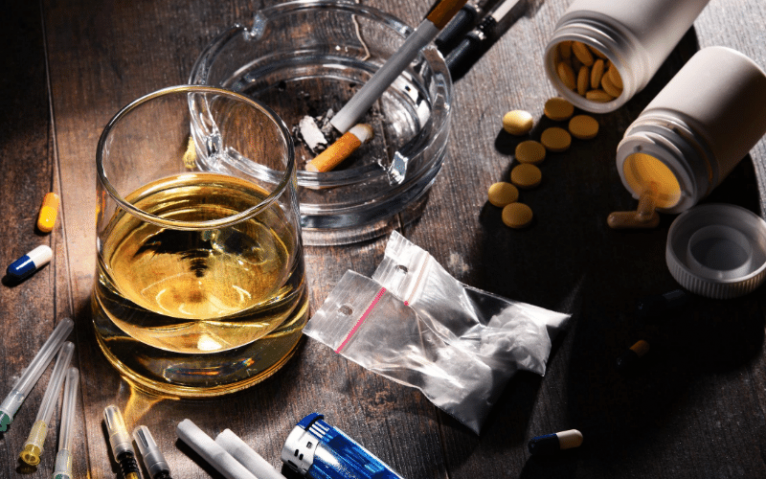What is Cross-Addiction?
Cross-addiction is one of the most significant risks that addicts and alcoholics face. “Cross-addiction” means being addicted to more than one substance. Or, refers to getting sober from one drug and then replacing it with another. People can also experience cross-addiction with behaviors, such as gambling or sex addiction.
You may have seen this happen to a loved one- they stop using prescription pills but switch to drinking daily. Being addicted to cocaine and alcohol at the same time is another example of cross-addiction. The risks of cross-addiction are serious. Cross-addiction can destroy and even end someone’s life; thus, effective therapy treats all co-occurring disorders.
The Cause of Cross-Addiction
Experts think that the cause of cross-addiction lies in the brain. When someone uses drugs or alcohol, they create “reward pathways.” These reward pathways alter the brain’s chemistry. It means that the brain is fine-tuned for addiction because using is associated with pleasure. Unfortunately, the brain doesn’t know the difference between the pleasure it gets from cocaine, or alcohol, or opiates, or even gambling. So, when someone stops drinking but starts using Xanax or opioids, the brain falls back into addiction mode. In an addicted brain, if it creates pleasure, it can create a craving. Even in recovery, addicts and alcoholics can become dependent on the effects of another substance or behavior if it feels good and reinforces the “reward system.”
Physical and Mental Health Risks
One of the significant dangers of cross-addiction is the risk of overdose. When someone mixes substances, they are likely to experience more extreme effects. For example, mixing alcohol and benzodiazepines (such as Xanax) can shut down the respiratory system. The respiratory system shutting down can be fatal. Beyond overdose, the physical impacts of mixing drugs can range from nausea and vomiting to seizures or heart failure. Many addicts and alcoholics have impaired judgment and are more likely to mix drugs, which increases risk.
In addition to these effects, mixing drugs can lead to being addicted to more than one substance. Thus, further complicating the recovery process by exasperating withdrawal symptoms, the user may experience. However, medical detox will provide support, supervision, and care to help make the transition off of the substances more comfortable. Generally, when it comes to behavioral addictions like compulsive gambling, cross-addiction can cause enormous setbacks for individuals in recovery. However, if caught early, the consequences may not be as severe.
Treating Multiple Addictions
Addicts and alcoholics who are dependent on more than one drug or behavior can receive treatment for all of their addictions at once. Quality rehabs address every addiction someone suffers from, not just their “drug of choice.” The first step is being honest with yourself and your treatment center about your substance use history. To truly recover, we can’t just replace one drug for another or switch our drug of choice. By addressing multiple addictions at once, individuals can set themselves up for successful long-term recovery. Numerous interventions, like individual and group therapy, can be useful in treating cross-addiction.
For people in recovery who find themselves dependent on a new drug or behavior, honesty is essential. There is never any shame in getting help. Asking for help is sometimes the bravest and most important thing we can do. To get started, reach out today for a confidential assessment with one of our admissions specialists.









